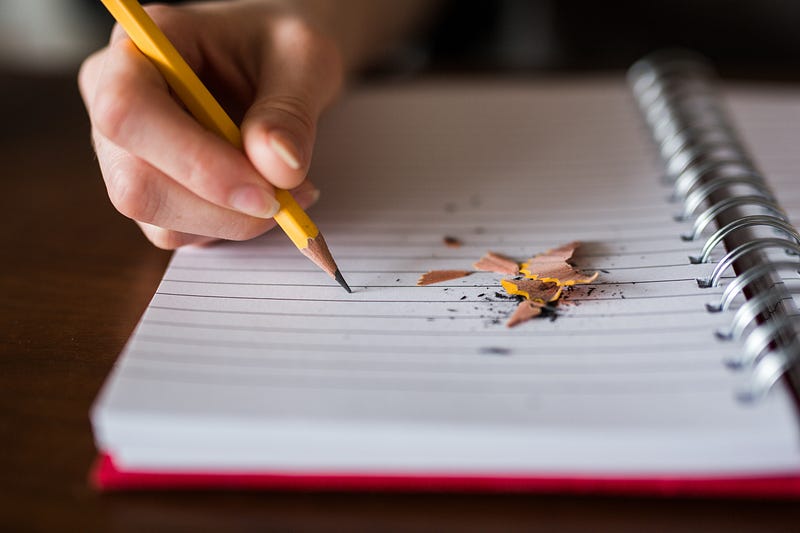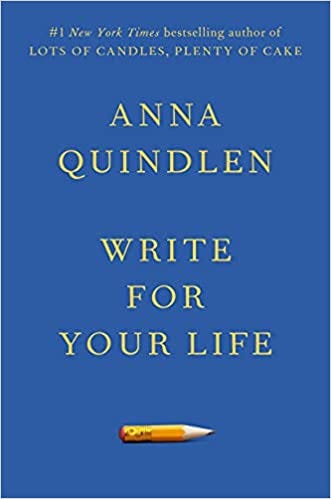
Thank you to Holly Corbett and Consciously Unbiased for publishing my article: “Our Stories Matter: How Writing Can Heal Our Hearts“

During the past two years of the COVID roller coaster, life has been more obviously uncertain. Anna Quindlen’s newest book, Write for Your Life, suggests that “it [is] possible to be in a dreadful situation and find a respite from events through putting down words.” She talks about Anne Frank’s journal and the way it inspired teacher Erin Gruwell’s Freedom Writers project, in which Gruwell helped a group of “at-risk” students in Long Beach’s racially divided community filled with drugs, gang warfare, and homicides to find strength and power through writing their own stories.
In recent weeks, especially during Passover, I have been wondering what the Ukrainian people are writing in their journals as Russia continues the most barbaric invasion that Europe has witnessed in 80 years. When Vlodomir Zelensky told the West, “Why repeat ‘Never Again’ for 80 years, if when the bomb falls on Babyn Yar, the world remains silent?” he is referencing the Holocaust when six million Jewish lives were extinguished, and during which Anne Frank penned the journal for herself that has gone on to inspire and bring light to so many.
Anne’s diary has endured, Quindlen tells us, in part because “it offers comfort” by showing “so many of us that our voices can be heard.” She goes on to assert: “As Anne Frank showed the world, as the Freedom Writers learned themselves, history is our story. Those who write it own it, today, and always. Why not you?”

I agree with her and, although Quindlen’s book focused on pencil and paper, I have found that the newer forms of connecting through social media can also offer us all a place to share our voices. During a recent 90-day social video challenge—which felt more like a mash up between journal writing and my own personal Truman Show, I felt more visible — not only to others (with 500,000 views) but also to myself, which is exactly what this book is about.
I’m a travel writer, and for me, during COVID, there was no more traveling so no more writing about it. Instead, like everyone else I knew, I sat in my house, apart from friends, unable to socialize. With each passing day, another work contract was canceled, and I felt increasingly isolated as I watched everything that I had built fall apart like a real-life Jenga game. Was this going to be a repeat of the days following 9/11, when my former employer, also a travel company, went bankrupt? Without any assignments or weekend plans, or even the possibility of inviting people over for dinner, I knew I needed something to help me find purpose and connection. So I wrote.
Quindlen tells us that “Writing is undoubtedly interaction with another human being, even if that human being is only yourself.” As my favorite meditation on Insight Timer begins, “There is nowhere to go and there is nothing to do.” So I stayed home — #saferathome — and worked on my memoir.
Writing about ourselves can change us and, although writing solely for your own eyes might seem cowardly or mundane, it can, I discovered, make a difference. Quindlen says that, “Writing done correctly may wind up being a kind of emotional striptease, the equivalent of spreading your arms wide and saying, ‘Here I am.’” I was writing about the dissolution of my marriage, among other topics, and some days the writing was so challenging that I literally wrote until I was certain I would throw up and had to lie down on the floor.
Many times, I was sure it was not worth it and only served as a form of self-torture, but somehow I continued. As time went on, I did begin to feel that the writing was changing me. I had always blamed myself for the failure of my marriage, but as I worked to describe scenes and circumstances, I could more clearly see the ugliness of our relationship and how I had chosen to leave to save myself.
While I was writing with the hope that one day it might be published, putting the emotional anguish down on paper — from the way he criticized my every move, including how many fingers I used to hold a sandwich, to the excessive drinking and its consequences — wading back into the nightmare of it all and laying bare the reality of our marriage on the page really did heal my heart. I was not a failure and it was not my fault.
Reliving it in my mind over and over again, which I had been doing for years, did not teach me this — but writing it did. As Quindlen says, “The process is not always easy, but the result sometimes invaluable… the point is to reveal what lies within.” I revealed the truth.
Whenever we put pen to paper, or tell a story on TikTok, we do not know what will happen with our tale when we set it free. Sometimes it centers us in our own power; sometimes it empowers others. Quindlen says, “Writing is part of a chain. We spin words for ourselves, a few others, or even the world.” Anne Frank “was living through an extraordinary experience, an extraordinary time, an extraordinary horror.” She was able to “ground herself” by “committing everything to paper, much of it not particularly profound.”
Similarly, the Freedom Writers wrote about their struggles being bullied or homeless, feeling alone or forced to join in gang violence. By learning to choose writing over guns, they were able to gain perspective on their experiences, realize their own strength, and ultimately finish school and start a new path. For today’s young people, who are struggling with skyrocketing levels of depression and anxiety, Quidlen believes that writing is “an unacknowledged panacea, a craft that can lead to healthier human beings.”
After two full years of COVID’s presence in our lives, we are all living with nearly empty emotional bank accounts due to the pandemic, death, hardships, strife amongst friends and neighbors, desperation, and now a war that is visible to us all through social media and other outlets. The lives of everyone on our planet, young and old, have all been changed; none of us asked to be a part of these events, but they are here.
Every year in the Passover seder, we tell the story of how the Jews were slaves in Egypt as if we are also experiencing this slavery. We remember the ten plagues and hope that next year not only will we be free, but that also everyone will be freed from the yoke of oppression of all kinds. Our community moved from a narrow existence to the openness of the desert in search of a new life and new home, just as we must all continue to find new paths in these uncertain times. Writing can help.
During this time, and now with my book nearly finished, I have come to realize what I have control over and what I can do. I finally understand my past and how to want to live my future, even if I don’t know exactly what the future will bring. The novelist E. L. Doctorow said about writing a novel, “It’s like driving a car at night: you never see further than your headlights, but you can make the whole trip that way.” Quindlen also reminds us that this widsom is, “Not only true of writing a novel but also of living our lives, living in an indefinite, infinite now.”
Writing can heal us and anchor us in times of duress. What step will you take toward sharing your story?
BIO:
Lisa Niver is an award-winning travel expert who founded We Said Go Travel in 2010 and now writes for WIRED, Teen Vogue, USA Today 10Best, among many others. Her memoir, Brave-ish, One Breakup, Six Continents, and Feeling Fearless After 50, will be available in 2023. She is a KTLA TV travel expert and her YouTube videos on diving, travel, and more have over 1.5 million views. See her videos, articles, awards, and interviews here: https://lisaniver.com/one-page/.
